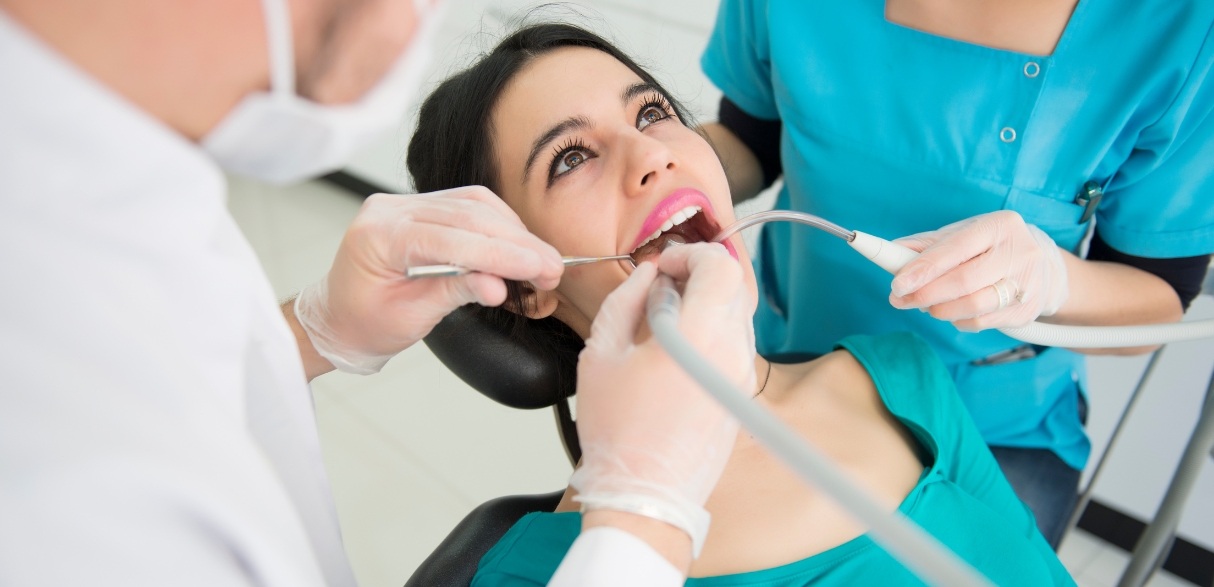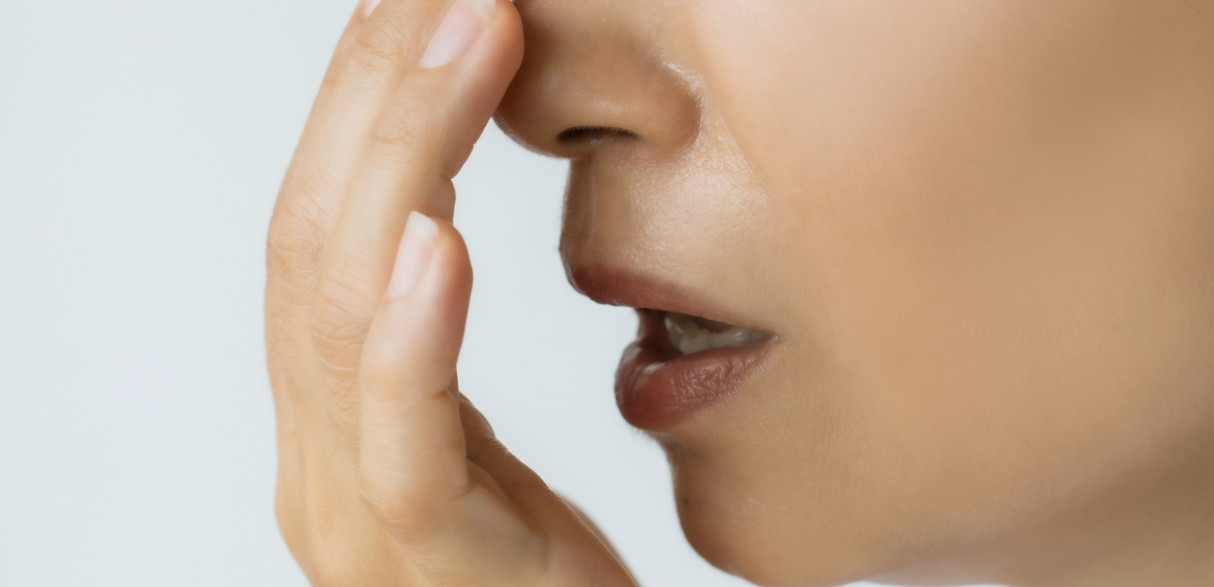

Pointy teeth under the gums are capable of leading to severe dental challenges. Impacted canines won’t erupt as they should. As a result, they cause pain and misalignment. Most individuals avoid the issue until complications set in. A visit to a general dentist on time can significantly help avoid serious problems.
If you ignore impacted canines, it can cause infections, cysts, or damage to nearby teeth. Diagnosis at an early stage can make it easier and less invasive to treat. Dental challenges for impacted canines need a professional touch.
What Are Impacted Canines?
Impacted canines do not come out from the gums as planned. These teeth are essential when it comes to biting and aligning the dental arch. Impaction causes due to genetics, overcrowding, or deformed eruption paths. Dental challenges arise when the tooth is stuck under the gums.
Symptoms are swelling, pain, and extended retention of the baby teeth. Some of them result in cyst formation and impact the neighboring teeth. A general dentist San Jose detects impacted canines through X-rays. Intervening early averts bad complications.
If you leave them untreated, malalignment or decay can set in. Impacted canines need professional attention to align them in place. Early treatment significantly enhances general oral health.
Professional Treatment Alternatives
Orthodontic Treatment – Braces can make space available for impacted canines to erupt properly. Space maintainers can guide eruption. Orthodontic interventions have the ability to minimize long-term dental issues. A general dentist sends the patient to an orthodontist when needed.
Surgical Exposure – Oral surgery can expose the tooth when the canine is still stuck. In this process, guided eruption through orthodontic appliances is facilitated. The healing process takes just a few weeks, and it will significantly reduce dental challenges. A general dentist might prescribe this procedure for impacted canines.
Tooth Removal – When the problem is severe, removal is the ideal choice. Extraction averts complications if canines endanger nearby teeth or do not erupt. Dentists remove the tooth to prevent cysts or overcrowding.
Other Options – Dental implants or dentures function as substitutes when extraction is needed. Missing canines immensely impact bite and facial appearance. A general dentist explains replacement methods for a complete smile. Restorative treatments preserve dental shape and beauty.
Healing and Post-Treatment
Healing after impacted canine therapy needs careful attention. Swelling and pain diminish in days. You must adhere to post-operative directions. It will help lessen dental complications. Consider taking prescribed drugs and applying cold packs for pain management.
Soft diets can minimize pressure on healing gums. The general dentist advises aftercare for an unproblematic recovery. You must brush carefully around the affected area to avoid infection.
Orthodontic treatment has regular follow-ups. Proper oral hygiene can remarkably sustain results. Frequent check-ups help avoid future dental complications.
You must avoid hard foods. This will safeguard treated teeth. Restorative treatments such as implants require regular maintenance. You can maintain long-term success with professional follow-ups. Correct aftercare can ensure the best healing and tooth alignment.
Routine dental check-ups significantly identify impacted canines before issues arise. Early treatment enhances oral health. It also helps avoid complicated procedures. Professional attention restores smiles and prevents future dental complications.
Schedule an appointment today with our general dentists for a thorough analysis. Take the first step to a healthy, pain-free smile.

